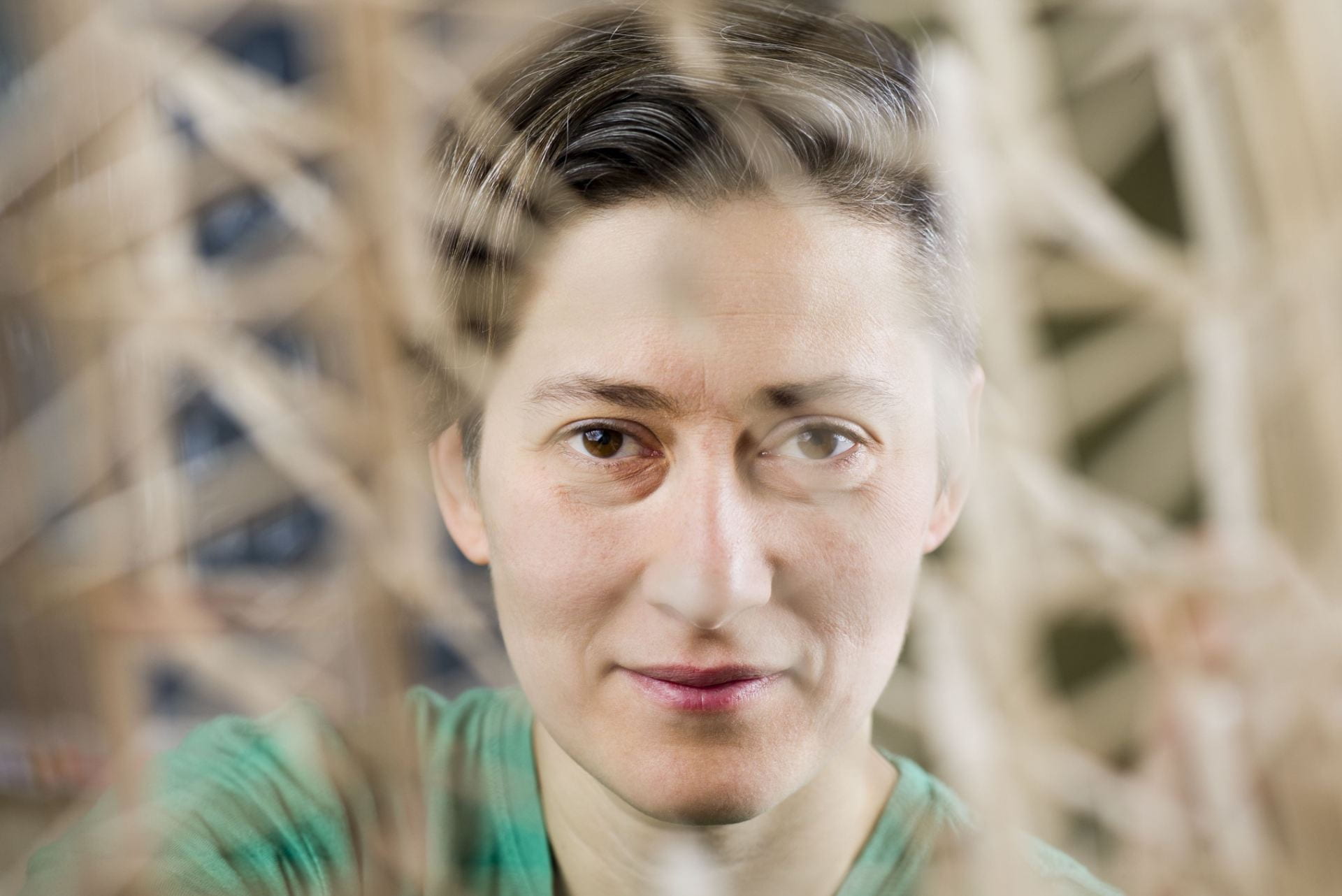|
|
|
 |
UNIVERSITY LECTURER
Moon Duchin, Professor, Mathematics, Tufts University, Professor, Tisch College, and John Dibiaggio Professor of Citizenship and Public Service, Mathematics
Lecture title: “Algorithms, race, and redistricting: Can computers find fairness?”
Date: February 5, 2024
Time: 4:45-5:45 p.m.
Place: Klarman Hall, Rhodes-Rawlings Auditorium (KLRKG80)
|
|
BIOGRAPHY
Moon Duchin is a Professor of Mathematics and a Senior Fellow in the Tisch College of Civic Life at Tufts University. Her pure mathematical work is in geometry, topology, groups, and dynamics, while her data science work includes collaborations in civil rights, political science, law, geography, and public policy on large-scale projects in elections and redistricting. She has recently served as an expert in redistricting litigation in Wisconsin, North Carolina, Alabama, South Carolina, Pennsylvania, Texas, and Georgia. Her work has been recognized with an NSF CAREER grant, a Guggenheim Fellowship, and a Radcliffe Fellowship, and she is a Fellow of the American Mathematical Society. |
|
Abstract:
Today’s Supreme Court is unmistakably inclined to reject the use of race-conscious measures in law and policy — as Chief Justice Roberts memorably put it, “The way to stop discrimination on the basis of race is to stop discriminating on the basis of race.” The 2023 term saw high-profile challenges to the use of race data in college admissions and in political redistricting. On the gerrymandering front, the state of Alabama asked the court to adopt a novel standard using algorithms to certify race-neutrality, on the principle that computers don’t know what you don’t tell them. But do blind approaches find fairness? In this talk, I’ll review the very interesting developments of the last few decades — and the last few months! — on algorithms, race, and redistricting. |
 |
MESSENGER LECTURER
Cynthia Dwork, the Gordon McKay Professor of Computer Science at the John A. Paulson School of Engineering
and Applied Sciences at Harvard, Radcliffe Alumnae Professor at the Radcliffe Institute for Advanced Study,
Affiliated Faculty at the Harvard Law School and the Harvard Department of Statistics, and a Distinguished Scientist
at Microsoft
Lecture titles: “TBD”
Date: TBD
Time: TBD
Place: TBD
|
|
Summary from nomination:
Renowned for placing privacy-preserving data analysis on a mathematically rigorous foundation, a cornerstone of Dwork’s work is Differential Privacy, a strong privacy guarantee permitting sophisticated data analysis. Differential Privacy is widely in use in industry, including in every Apple device. Dwork’s earliest work
established the pillars on which every fault-tolerant system has been built for decades. Her innovations modernized cryptography to the ungoverned interactions of the internet and the era of quantum computing, formed the basis of crypto-currencies, and gave the first general approach to ensuring statistical validity in exploratory data analysis. Dwork is a member of the National Academy of Sciences, the National Academy of Engineering, and the American Philosophical Society, and a Fellow of the American Academy of Arts and Sciences. Her recent rewards include the 2017 Gödel Prize, the 2020 IEEE Hamming Medal, and the 2020 ACM-IEEE Knuth Prize. |
|